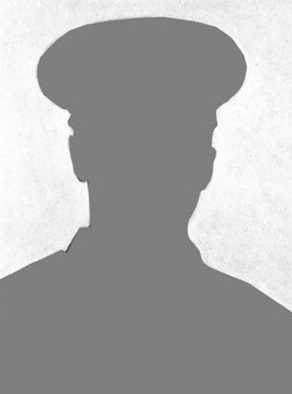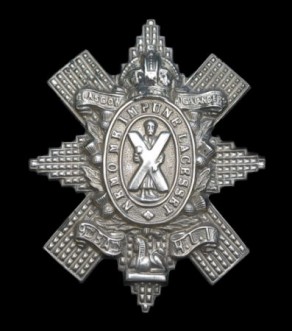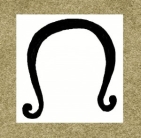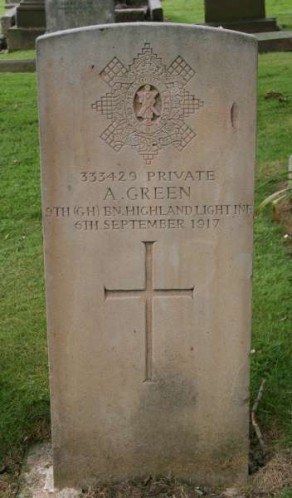14 September 1917
GREEN – September 7th 1917, found drowned in the Leeds and Liverpool Canal at Skipton, Private Arthur Green, of 5, Powell Street, Barnoldswick.
14 September 1917
BARNOLDSWICK SOLDIER’S SUICIDE
A distressing tragedy occurred at Skipton in the early hours of Friday morning last, when an invalided Barnoldswick soldier from the Skipton and District Hospital committed suicide in the Leeds and Liverpool Canal near to the hospital. Deceased was Pte. Arthur Green, whose wife and two children live at No. 5 Powell Street, Barnoldswick. He enlisted about twelve months ago, and in July last was sent home on ten days’ sick leave. As he did not improve he was sent to the Skipton Hospital, where he had been undergoing treatment for gastritis. The evidence at the inquest showed that he had been upset by seeing the other wounded soldiers, and had been very quiet and almost unsociable.
The inquest was conducted at the Skipton Union Workhouse boardroom on Friday afternoon by Mr. Edgar Wood, coroner; Mr. C. Mawson being foreman of the jury.
Nurse Berry, probationer nurse, said she had been on night duty at the hospital about six weeks and had 31 patients under her care, including deceased. Nine of the cases were regarded as serious, but did not call for particular attention. Deceased, who was suffering from gastritis, had not, she thought, been seriously ill, apart from the previous Tuesday morning, when he became unconscious and his relatives had to be sent for. He afterwards recovered, however. About 2-50 that morning (Friday) she noticed that deceased appeared to be awake in bed. She went into another ward, and on returning ten minute’s later found that he was missing from his bed. She wakened up some of the men and a search was made, and as no trace of deceased could be found she informed the matron. Most of the windows were open, and it would be quite easy for deceased to leave the institution by one of them. Deceased had been very quiet all the time he had been at the hospital, and appeared to be brooding. He had troubled about some of the wounded men, and she believed he had worried about the thoughts of going to France. He had complained of pain during the last two days, but she had not the slightest suspicion that he would attempt to take his life.
James Green, 9, Low West Avenue, Barnoldswick, deceased’s father, gave evidence of identification of the body, and said that his son was formerly a printer and was never really strong. In the early hours of the previous Tuesday morning he became unconscious, and witness and deceased’s wife were sent for and stayed with him until he regained consciousness. Some years ago a cousin of deceased, a little boy, drowned himself in the canal, but witness had never heard deceased threaten to take his life, and had not the slightest suspicion that he would attempt such a thing. He had said that he would like to come back home as soon as he was better.
P.C. Pryke said he received information as to deceased being missing from the hospital at 4 o’clock that morning. On proceeding to the hospital he was shown a pair of Army socks, which he was told had been found on the footpath of the canal near Messrs. Dewhurst’s mill. He then proceeded to the canal and noticed that some of the rank grass near the edge of the water was beaten down as though someone had passed over it recently. As he could not see anything in the canal he procured the grappling irons from the Canal Company’s office and recovered the body at 5-15 a.m. The depth of the water varied from 2ft. 6 inches at the sides to 6ft. in the centre, and deceased could have got out if he had wished. The body was at once removed to hospital and Mr. Knight tried artificial respiration for half an hour without success. Deceased was wearing the ordinary hospital trousers and shirt and had removed his socks. A postcard was found on deceased, but it had no relation to his death.
The Matron (Nurse Eggins) stated that deceased came to the hospital on July 7th. She had since seen him every day, but had never noticed any sign of insanity. With the exception of the sudden attack on the previous Tuesday, he had not been seriously ill, but to her he appeared to be a man of rather morose disposition and was not at all sociable with the other soldiers. His wife had told witness that morning that he had been much upset about the condition of a soldier who had lost both his feet, but he had not said anything about this to witness, nor had he expressed any fears about going to the Front. Prior to that morning he had been in bed three or four days. During the recent hot nights the windows of the hospital had been left open, and it would be quite easy for deceased to leave the hospital by one of them; he could also have got out by a side door, which was not fastened.
Dr. W.H. Knight said he had attended deceased since Dr. Liversidge went away on the Tuesday week previous and had not noticed any signs of insanity. The attack on the previous Tuesday morning was, he thought, due to a slight blood clot, but it was an altogether unusual attack, and he recovered and was apparently getting better. Deceased was very self-concentrated, and appeared to think too much of his illness. For the class of patients he did not consider it necessary to have someone in attendance continually.
After retiring, the jury returned a verdict to the effect that deceased had committed suicide, but that there was not sufficient evidence to show the state of his mind at the time.
The funeral of Pte. Arthur Green, whose untimely end under such distressing circumstances has evoked universal sympathy, took place on Monday afternoon at Gill Church Cemetery, and was attended by several of deceased’s ward mates from the Skipton Military Hospital. A short service was conducted at the house by the Rev. A. Bradfield (Wesleyan minister), who also officiated at the cemetery. Among the numerous floral tributes were wreaths from the matron and staff of the hospital, and Messrs. Briggs Bros. (printers), deceased’s former employers.










No comments yet.